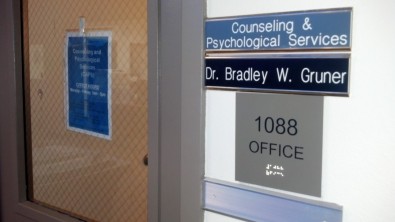By Douglas Farra
Students with substance abuse problems can find help on our College campuses.
Lisa Schapiro, a licensed marriage and family therapist who works for CSN’s Counseling & Psychological Services, provides confidential individual, couples, and group therapy. CAPS offers support groups that offer crisis-intervention counseling. This may be helpful to students with substance abuse problems.
“CAPS meets with CSN students and completes an assessment to create an individualized treatment plan for each student’s particular needs,” Schapiro said.
CAPS services include: facilitating a connection between a treatment provider and the student, providing supportive therapy, and connecting individuals with support groups in the community.
Jacob Lejuine, a swing-shift campus-security supervisor and CSN student, explained that there have been limited reports of drug-related issues on campus. Lejuine said that campus security will get calls about students not acting right in class. “90 percent of the time it’s prescriptions,” he said. Though reports of drug-related activity are minimal, according to Lejuine, the College is still concerned about students with substance abuse problems.
The staff at CAPS is eager to assist students in any way it can. CAPS specializes in helping students with issues including: depression, stress management, dealing with traumatic experiences, coping with grief and loss, and more.
Travis Brown, president of ASCSN Student Government, mentioned that CSN students have tried to form a peer-support group here at the College though one has not been set up yet.
CAPS is available at all three CSN campuses with limited hours available at the Henderson Campus. The locations are as follows: West Charleston Campus, building D, room 104; Cheyenne Campus, room 1008; and the Henderson Campus, building C, room 113A.




